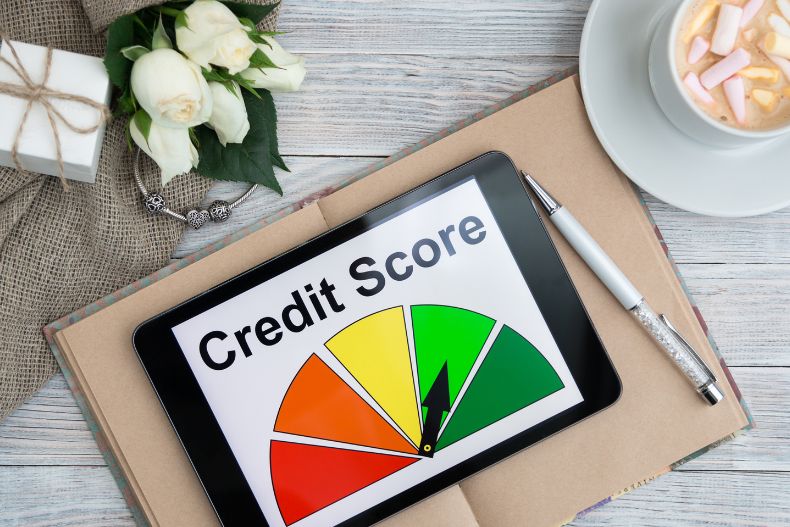Credit reports and credit scores differ from each other but are interrelated. A credit score is calculated based on the data that reflects on your credit report. The higher your credit score means you have a high chance of getting the loan approved and lower interest rates. Let’s dig deeper to have a better understanding of the two.

Credit score
Your credit score is a number that represents your creditworthiness. It is based on information in your credit report, and it helps lenders determine whether or not to give you credit and what interest rate they should offer you. The higher your credit score, the better your credit history is considered to be. If you are working on paying off debt to boost your score, you can use debt consolidation so you only have to worry about one monthly payment.
A good credit score can help you to get a loan with a lower interest rate, while a bad credit score can make it more difficult to get a loan or make it more expensive. Many different factors can affect your credit score, so it’s important to keep track of it and understand what factors influence it.
A high credit score indicates that an individual is a low-risk borrower, while a low credit score suggests that an individual is a high-risk borrower. As a result, individuals with good credit scores are more likely to be approved for loans and credit cards, and they will often receive lower interest rates than those with poor credit scores. In addition, a good credit score can help to improve an individual’s employment prospects, as many employers now run credit checks on job applicants.
Scores range from 300 to 850. The credit reporting bureau Equifax uses a scale from 580-669 as “fair”; 670-739 as “good”; 740-799 as “very good”; and 800 and up as “excellent”. Anything below 579 is considered “poor”. A credit score of 660 or above generally gives you access to the best loan and interest rates. A score below 620 can make it difficult – if not impossible – to qualify for any type of loan at all.
Some things you can do to improve your credit score include:
- Paying your bills on time
- Keeping your credit balances low
- Avoiding credit card traps like a cash advance and balance transfer fees
- Monitoring your credit report for errors and correcting them promptly
Credit report
Your credit report, on the other hand, is a record of your credit history. It includes information about your credit accounts, as well as any late payments or other negative marks. This history includes information such as credit card balances, loan repayment history, and any bankruptcies or foreclosures. Credit reports are used by lenders to determine an individual’s creditworthiness. They are also used by landlords and employers to make decisions about tenancy and employment, respectively.
There are three major credit bureaus in the United States – Equifax, Experian, and TransUnion – that maintain credit reports. Individuals can obtain their credit report from each of these bureaus once per year for free.